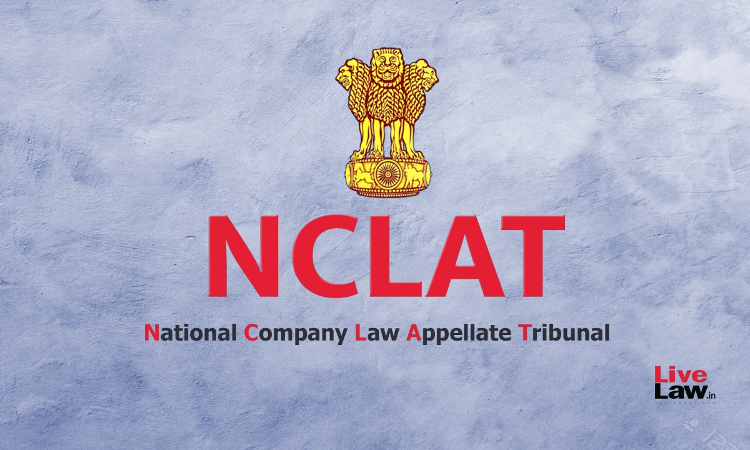No Inherent Right To Withdraw Section 9 IBC Application And Refile: NCLAT New Delhi
Rajesh Kumar
21 Aug 2024 10:16 AM IST

Next Story
21 Aug 2024 10:16 AM IST
The National Company Law Appellate Tribunal, Principal Bench, New Delhi bench of Justice Ashok Bhushan (Chairperson), Barun Mitra (Technical Member) and Arun Baroka (Technical Member) has held that in proceedings under the Insolvency and Bankruptcy Code (IBC), an Applicant does not have an inherent right to withdraw an application filed under Section 9 at any stage and...
